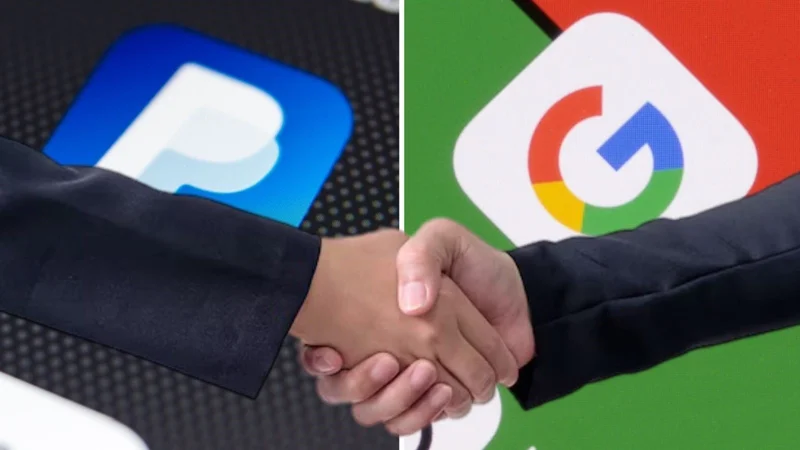Google and PayPal join forces to develop “independent” digital assistants in commerce
Google and PayPal have announced a multiyear strategic partnership aimed at transforming the future of digital commerce. At the heart of the collaboration is the development of so-called agentic commerce—a model in which intelligent assistants will be able to make purchases and manage transactions independently on behalf of users, Kazinform News Agency reports.

Google CEO Sundar Pichai emphasized that the partnership will simplify and secure online transactions, noting that PayPal will leverage Google’s artificial intelligence to strengthen its services and enhance security, while PayPal’s capabilities will be more deeply integrated into Google’s products and platforms. PayPal President and CEO Alex Chriss stressed that trust and innovation will play a decisive role in this new model, adding that together with Google, the company is creating greater opportunities for millions of users and businesses worldwide.
In practice, the initiative means that digital assistants will be able to select goods and services based on customer preferences, automatically place orders, and process payments via PayPal. The new Google Agent Payments Protocol will provide transparency and scalability for such operations, allowing agents to act on behalf of users without constant supervision. Consumers will only need to set the conditions. For example, they can specify the desired ticket price or request the regular purchase of a favorite product. The system will then handle all subsequent steps automatically.
As part of the partnership, PayPal will also take on an expanded role in payment processing for Google’s core services, including Google Ads, Google Play, and Google Cloud, while also adopting Google Cloud infrastructure to modernize its own technological platform.
Earlier, it was reported that a massive Gmail data breach occurred at Google, after hackers posing as IT support tricked an employee, leaving billions of accounts exposed to phishing scams.
